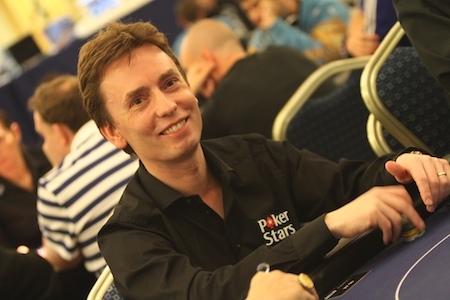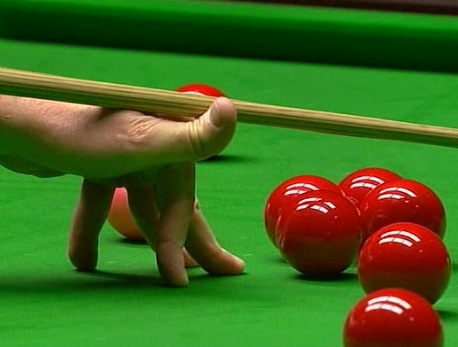|
Poker superstar Daniel Negreanu is known worldwide for his reading ability at the poker table, and his small ball poker strategy system has revolutionized the game. At one point in Daniel's young life, he had aspirations of becoming a professional snooker player.
As a teenager, Negreanu hustled both the pool and snooker tables around Montreal, Quebec in Canada. He was introduced to the game of poker, and soon found himself making more money at poker than snooker and pool. This prompted his decision to switch games.

Snooker star Matthew Stevens made his own mark in the poker world in the early days of the poker boom. He made the final table of the 888.com Pacific Poker Open and managed to beat to take down the event and close to $500,000 in prize money?
Why is it that snooker players have been able to transfer to the felts and play poker at a high level? First, both games require an extreme amount of skill. While many consider poker a game of luck due to the cards, poker involves a human element that many discount.
In poker, you can influence the actions of players at the table based on several factors. You can influence the betting based on your betting patterns, your aggressiveness, and by the information that you pick up on their playing habits. This is very similar to snooker where your ability to pot balls or your ability to snooker your opponent in key spots will impact your ultimate outcome.

Next, both poker and snooker require an inordinate amount of concentration and practice. While it is possible to win a few hand or even a small tournament in poker based on running good, you cannot keep that up over the long term. In addition, players learn your tendencies, so if you do not practice your poker game, you will fall behind the curve and lose.
Ultimately, both snooker and poker players thrive on competition. It is what drives players in both to succeed. Unlike snooker, you can literally play poker 24 hours a day if you consider the online element. As such, it is no surprise that snooker players are anteing up at the poker tables.
By Andrew Perry.
|







.png)